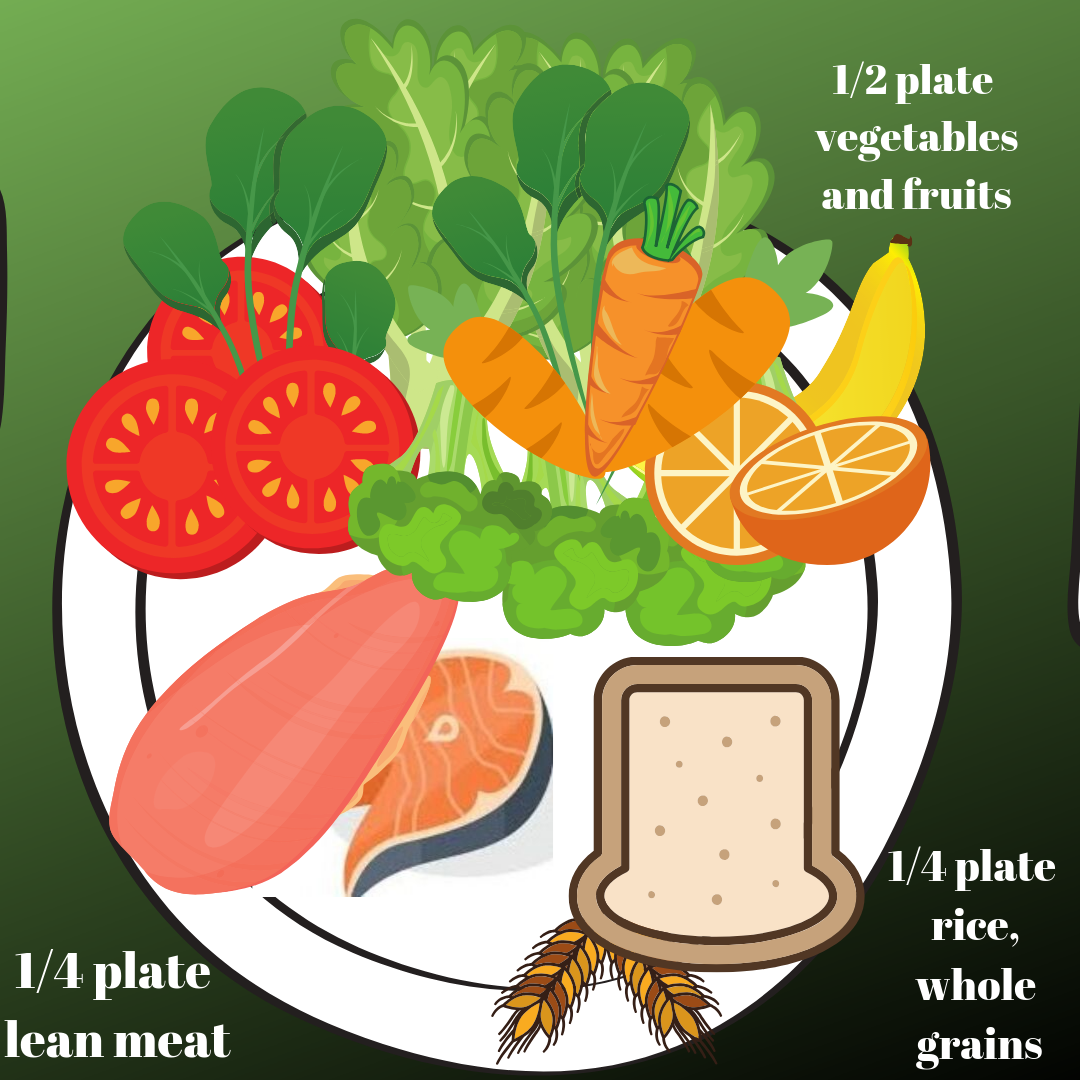
Don’t eat less. Just eat right.
Our eating habits directly affect our health. Good nutrition leads to a healthy lifestyle while poor nutrition choices may lead to major health risks.
Eating processed food with high energy and high salt may lead to obesity, diabetes, heart problems and other diseases related to obesity. On the other hand, eating food low in energy such as fruits and vegetables, and other dietary fibers such as whole grains help in maintaining a healthy weight and reduces the risk of stomach cancer, colorectal cancer, and cardiovascular diseases.
According to WHO (World Health Organization), for an adult a healthy diet should include:
- Fruits, vegetables, legumes, nuts, and whole grains
- At least 400 g of fruits and vegetable per day excluding potatoes, sweet potatoes, and other starchy roots
- Less than 10% of total energy intake from free sugars (free sugars are the sugars added to foods and drinks by the manufacturer, cook or consumer as the week the natural sugar present in the food)
- Less than 30% 0f the total energy from fats
- Less than 5g of iodized salt
What are the benefits of healthy food?
Some of the benefits of eating healthy are listed below:
1. Weight loss
As it is well known that obesity is related to some of the major health risks as heart diseases, poor bone density, and some cancers. Eating low-calorie food such as vegetables, fruits, and whole grains help in weight loss and leading a healthy life.
2. Reduced cancer risk
With obesity, the risk of cancer too increases. A diet rich in fruits and vegetables may help to prevent and protect against cancer.
3. Diabetes management
Eating a healthful diet can help a person with diabetes to:
- lose weight, if required
- manage blood glucose levels
- keep blood pressure and cholesterol within target ranges
- prevent or delay complications of diabetes
4. Better mood
It is said that good food is good mood and evidence also suggests that.
Researchers, in 2016, found that a diet high in glycemic load could cause fatigue and symptoms of depression.
Vegetables, whole fruit, and whole grains have a lower glycemic load.
While a healthful diet may improve overall mood, it is essential for people with depression to seek medical care.
5. Improved memory
A healthful diet may help prevent dementia and cognitive decline.
A study from 2015 identified nutrients and foods that protect against these adverse effects. They found the following to be beneficial:
- vitamin D, C, and E
- omega-3 fatty acids
- flavonoids and polyphenols
- fish
In conclusion, eating healthy food is the solution to lead a healthy life and protect ourselves against the health risks that poor and unhealthy eating brings.


